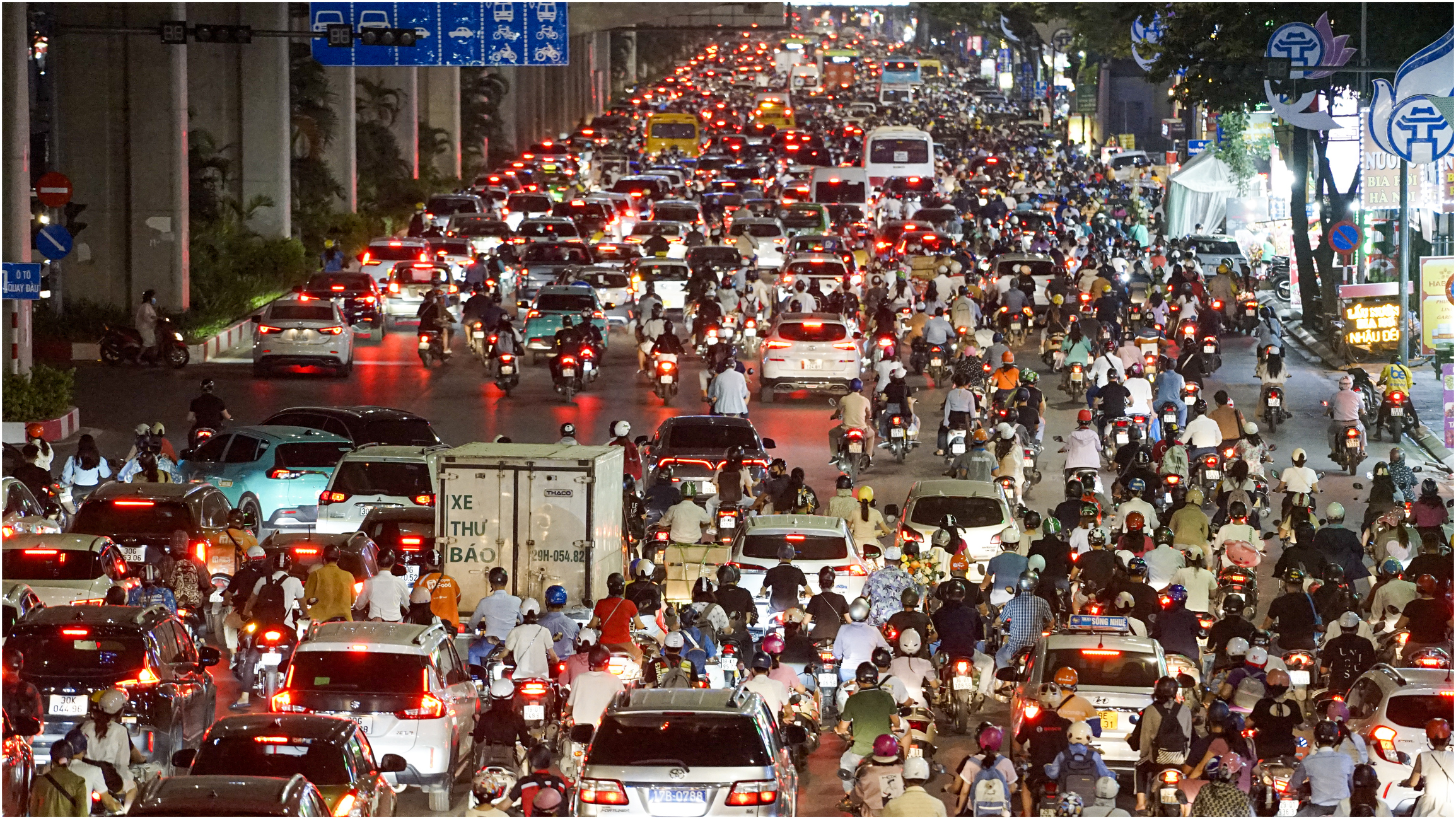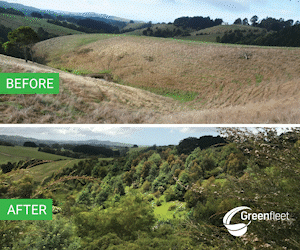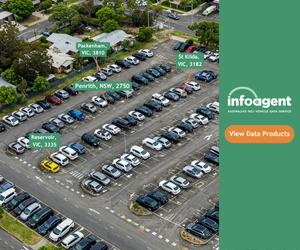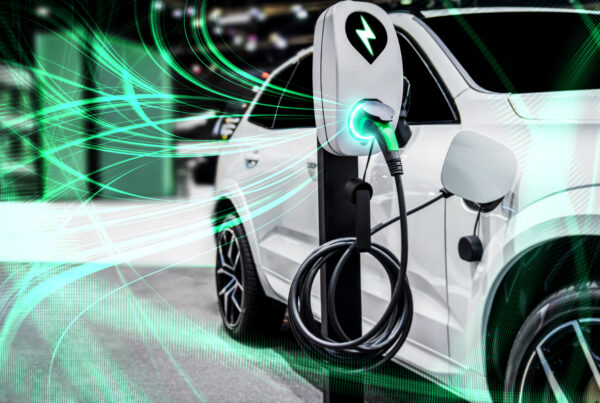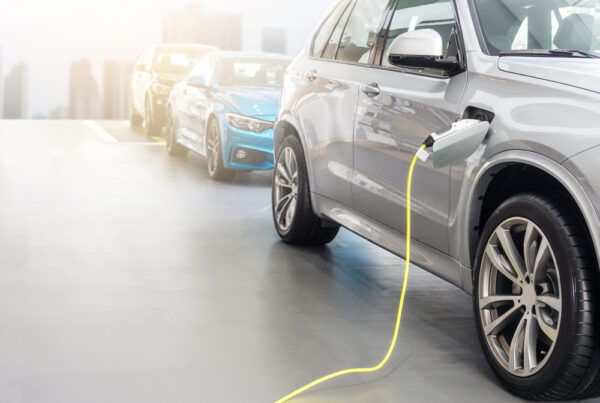The Vietnam car market is projected to slow down this year, 2025. The country’s Ministry of Industry and Trade predicts that the total industry volume (TIV) may reach 600,000 units by the end of the year, a slight 12 per cent growth from this year. This prediction comes at a surprise after the country closed off 2024 with improved sales figures.
CURRENT PERFORMANCE
The country’s high sales performance in 2024 can be attributed to the Vietnamese government’s efforts in boosting the vehicle market, especially in the last quarter of the year. Policies such as waiving 100 per cent of registration fees for electric vehicles (EV) and reduced fees up to per cent for locally assembled and manufactured vehicles significantly boosted car sales for 2024. September 2024 saw around 50,000 vehicles sold thanks to these financial incentives.
It should be noted, however, that the positive effect of these policies was short-lived. As the policy period was only September to November, vehicle sales declined to an estimated 31,000 vehicles in December, a 29 per cent decrease from November.
SLOWING DOWN
Conversely, the IMARC group predicts that the Vietnam car market will grow in 2025, but at a rate of 14.8 per cent until 2033.
“Automotive industry sales in 2025 will improve compared to 2024, but there will be no breakthrough yet,” an expert from the Vietnam Automobile Manufacturers Association (VAMA) said.
Just last week, VietStock reported a sharp decline in the country’s new and used car markets. Though prices for used cars tumbled by 20 to 30 per cent, demand is still weak. Experts point to rising interest rates and declining performance of Vietnam’s real estate and stock markets as primary sources of the potential slow-down. The government’s decision to raise fines for traffic violations may also be one of the reasons sales and demand have lowered.
Furthermore, the entry of foreign vehicle companies into the market and evolving consumer preferences could threaten Vietnam’s auto growth. However, such challenges may also push the current market to evolve technologically and answer growing consumer demand.
Vietnam’s own VinFast leads the EV race, but Chinese automakers are also hot on their heels. Brands such as BYD, GAC, Aion, Geely, Zeekr, and Dongfeng have recently debuted in Vietnam in 2024. By this year, experts expect that these companies will establish themselves fully and may stimulate the local car market even further.
Was this article informative? Leave us a like to let us know!

